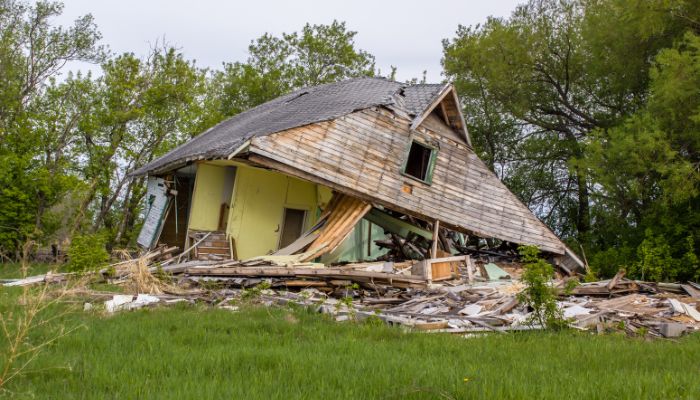If you’re renting a home or apartment in Fort Worth, you need protection against Texas-sized risks—from sudden thunderstorms to accidental mishaps. But does renters insurance cover property damage in Fort Worth? Yes, but understanding what it covers (and what it doesn’t) is key to staying safeguarded. Let’s break down how renters insurance works for Fort Worth tenants and why it’s essential for life in the Panther City.
Why Fort Worth Renters Need Insurance
Fort Worth’s mix of bustling neighborhoods like Sundance Square, Cultural District, and Near Southside means renters face unique risks:
- Severe Weather: Hailstorms, tornadoes, and lightning strikes can damage belongings.
- Theft: Urban areas see higher rates of burglary and property crime.
- Accidents: Liability risks in shared spaces (e.g., apartment gyms, pools).
Most landlords in Fort Worth carry commercial property insurance or business insurance for rental property, but these only cover the building—not your personal items or liability.
What Fort Worth Renters Insurance Covers
1. Personal Property Coverage
Protect your furniture, electronics, and clothing from:
- Fire or smoke damage
- Theft or vandalism
- Water damage from burst pipes (common in older Fort Worth rentals)
- Windstorms or hail (key for Texas weather!)
Even items stolen from your car or damaged off-premises are covered.
2. Liability Coverage
Covers costs if you’re responsible for:
- Accidental damage to the rental (e.g., kitchen fire damaging cabinets)
- Injury to others (e.g., a guest slipping on your wet floor)
- Legal fees if sued
Tip: Pair your policy with umbrella insurance for rental property for extra liability protection.
3. Additional Living Expenses (ALE)
If your Fort Worth rental becomes unlivable due to a covered event (like storm damage), ALE covers:
Storage costs.
Temporary housing (hotels/Airbnb)
Meals and transportation
When Renters Insurance Covers Property Damage in Fort Worth
✅ Damage to Your Belongings
Example: A hailstorm smashes your windows and ruins your couch—personal property coverage pays for repairs.
✅ Damage to Others’ Property
Example: Your overflowing bathtub ruins the downstairs neighbor’s ceiling—liability coverage handles repairs.
What’s Not Covered?
While renters insurance is comprehensive, it excludes:
Intentional Damage/Wear and Tear: Landlords handle maintenance like peeling paint.
Floods: Requires separate flood insurance (critical for low-lying areas near the Trinity River).
Earthquakes: Rare in Texas but possible—ask about add-ons.
High-Value Items: Jewelry, art, or collectibles need scheduled endorsements.
Why Choose Lonestar Insurers for Fort Worth Renters Insurance?
As a Texas-born agency, we understand Fort Worth’s unique challenges. Our policies include:
- Affordable Rates: Policies start at $15/month—cheaper than replacing a stolen laptop!
- 24/7 Local Support: Claims assistance after a storm? We’re here.
- Custom Coverage: Add flood endorsements or umbrella insurance for rental property.
FAQs: Fort Worth Renters Insurance
Q: Is renters insurance required in Fort Worth?
A: Landlords can’t legally require it, but it’s a smart safeguard.
Q: How much coverage do I need?
A: Inventory your belongings—most Fort Worth renters choose 20,000–20,000–30,000 in personal property coverage.
Don’t Wait for Disaster—Secure Your Fort Worth Rental Today!
Why risk losing everything? For less than the cost of a Cowtown coffee run, renters insurance protects your lifestyle against Fort Worth’s unpredictable weather, theft, and accidents.



